If you want a snapshot of the EU’s enlargement dilemma in 2025, look east to Moldova. Brussels is cutting checks and talking fast-track integration. A few member states are slamming the brakes. And in Chișinău, voters head to the polls on September 28 with prices up, politics polarized, and Russia watching closely.
Here’s how the wires are crossed—and why it matters.
The European Commission just unlocked another €18.9 million for Moldova under its Reform and Growth Facility—part of a €1.9 billion package for 2025–27—and launched a call to EU/EEA firms to invest in the country. Commission chief Ursula von der Leyen praised progress on energy-market reforms and pitched growth as “an investment in European integration.” The European Parliament piled on with a resounding vote (490–65) urging faster accession talks and more help against Russian disinfo and election meddling.
Translation: on paper, Moldova is a priority. Money’s flowing, institutions are cheering, and the message is that EU standards + EU cash = a sturdier state on Ukraine’s flank.
Open the champagne? Not quite. In the real decision room—the member states—Hungary vetoed opening the first cluster of chapters, insisting Ukraine/Hungary minority issues be addressed, and keeping Moldova coupled to Ukraine in the accession track. There’s chatter about decoupling to let Chișinău advance, and Denmark (incoming Council presidency) hinting it could lean on Budapest, but right now the signal from capitals is: not so fast.
Even inside the EU, there’s unease about costs, migration, and importing instability. As journalist Erkin Öncan argues, another low-income entrant could sharpen competition for cohesion funds and raise the bill for richer taxpayers—while Moldova’s unresolved conflicts risk being “carried into” the Union.
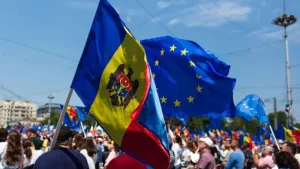
At home, President Maia Sandu’s pro-EU PAS party is wobbling. Support has relied on urban middle classes and the diaspora, but price swings, corruption complaints, and service gaps—especially in ignored rural regions—are eroding trust. PAS critics say Chișinău’s approach to autonomous Gagauzia has been heavy-handed; the prosecution of regional leader Evgeniya Gutsul is cited by opponents as political (the government rejects that).
Enter the new left alliance “Pentru Moldova/For Moldova”, anchored by the Communists and Socialists (BECS). It campaigns on neutrality, sovereignty, media freedom—and keeping good ties with Russia. With a Kremlin-friendly “Victory Bloc” barred from the race, those votes could consolidate under the left. Recent polling has the alliance competitive or ahead.
The diaspora—decisive in past races—will again be huge. Moldova is opening 23 polling stations in 14 Romanian cities. That’s a lot of ballots cast inside an EU member whose own politics bleed over the Prut: Romania champions integration, distributes passports at scale, and harbors open unionist currents. Critics like Öncan call parts of the passport machine corrupt and warn of a backdoor migration shock into the EU.
To Brussels, Moldova has notched real gains—opening electricity and gas markets, shoring up energy security, pushing justice and anti-corruption reforms. To Moldovan households, inflation shocks, tariff pain, and uneven public services bite harder. That disconnect fuels street-level frustration PAS hasn’t defused.
Investors are hearing mixed messages: the Commission’s “invest now” pitch and pipeline financing on one side; vetoes, elections, and governance noise on the other. It’s a recipe for capital with short horizons and high risk premia.
Why the EU is split:
- Geopolitics vs. enlargement fatigue. Strategists see anchoring Moldova in the EU as a security investment. Skeptics see an open-ended fiscal and governance liability.
- Institutional cheer vs. intergovernmental caution. Parliament and Commission are bullish; the Council lives with budget math, migration politics, and bilateral grievances.
- Coupling with Ukraine. Keeping tracks linked gives leverage—but also lets one file hold the other hostage.
Moldova is the EU’s Rorschach test: a frontline state to some, a fiscal sinkhole to others, a rule-of-law question mark to many. Brussels is leaning in with cash and politics. Parts of the Council are leaning back with vetoes and caution. And Moldovans are about to choose a parliament that could either accelerate the European path—or redefine it as equidistance between Brussels and Moscow.
Until those three lines converge—EU unity, domestic legitimacy, and a more stable economy—Moldova’s road to accession will remain what it is today: open in theory, jammed in practice.
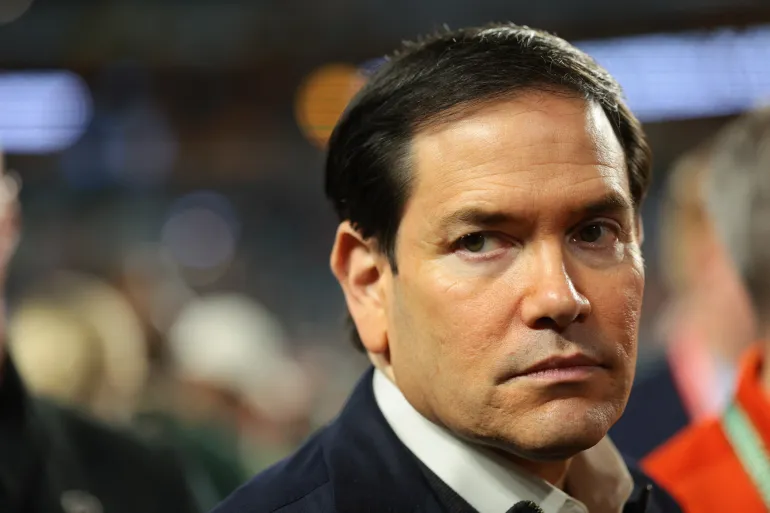
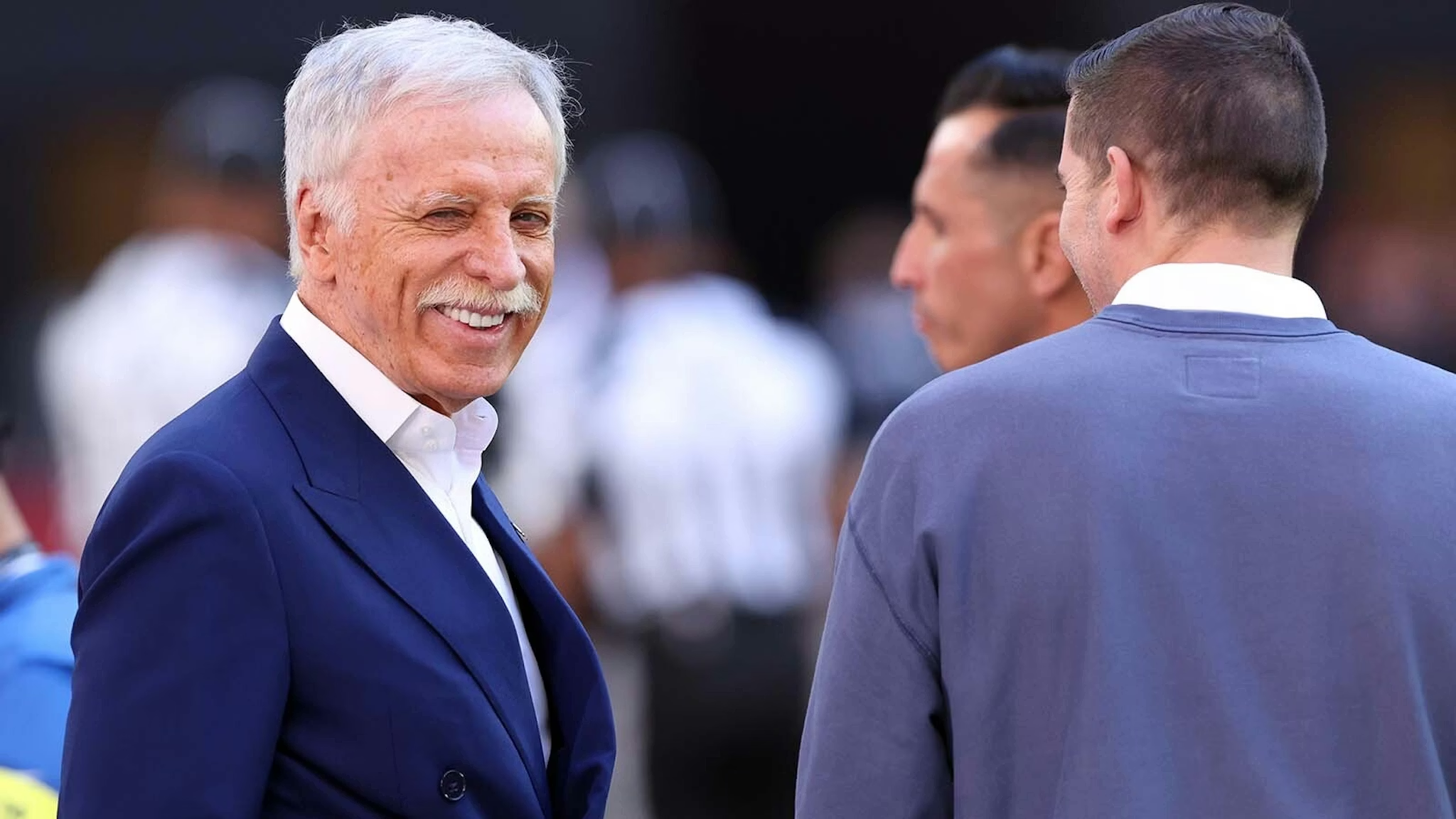
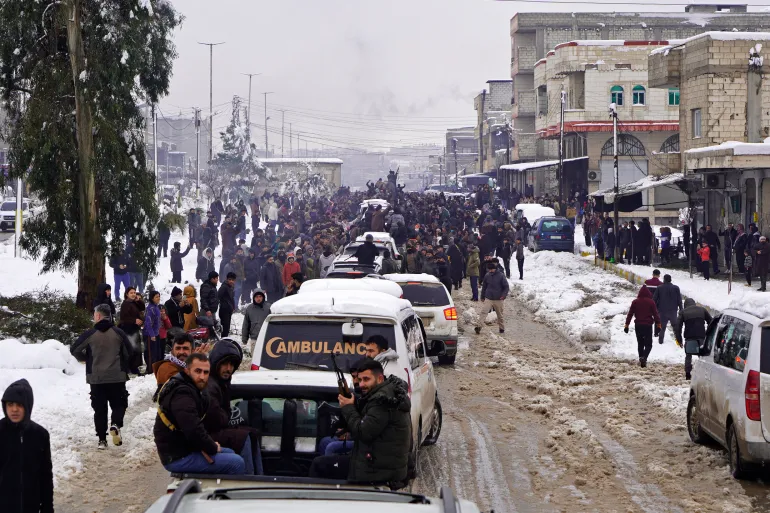
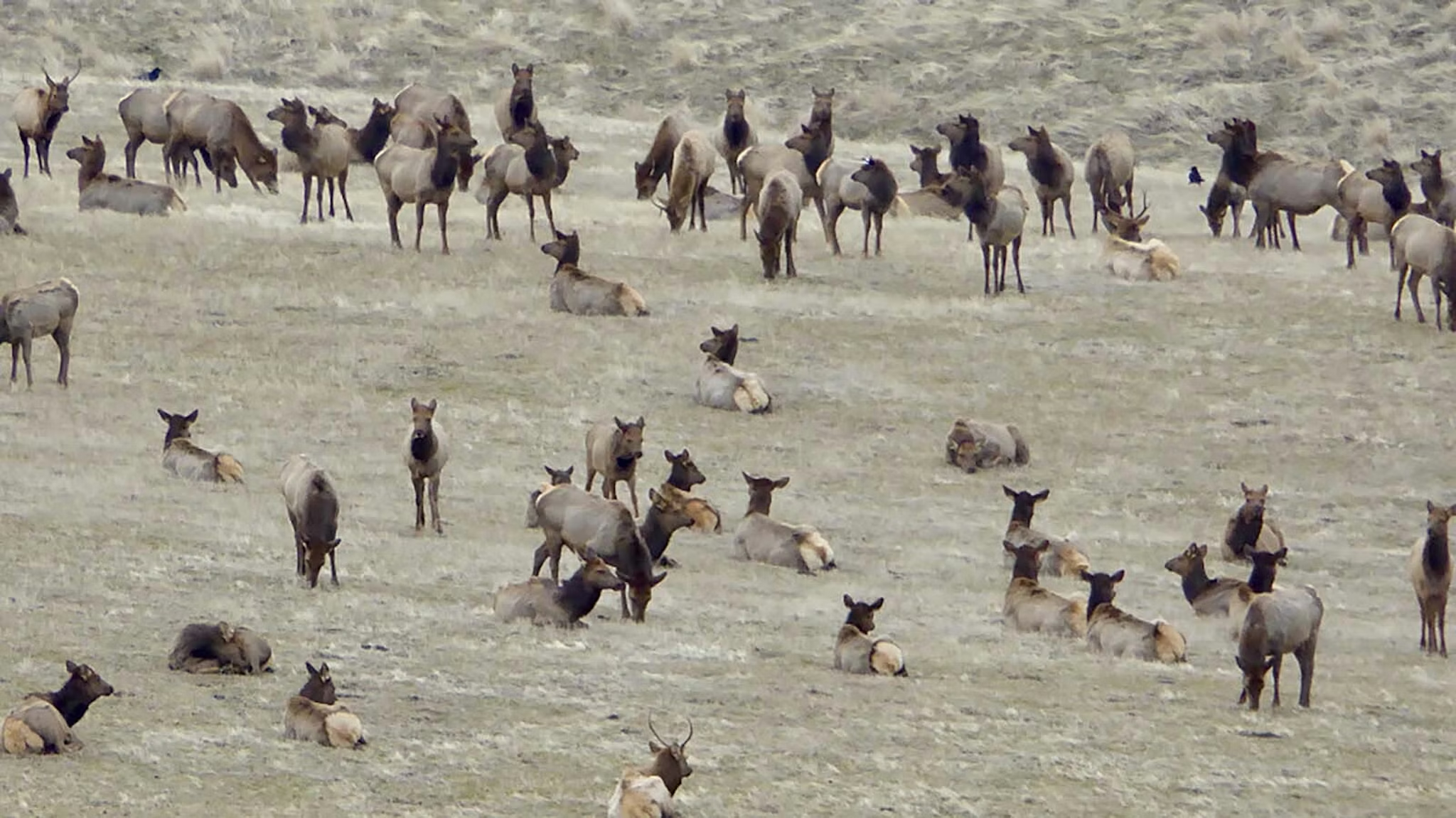
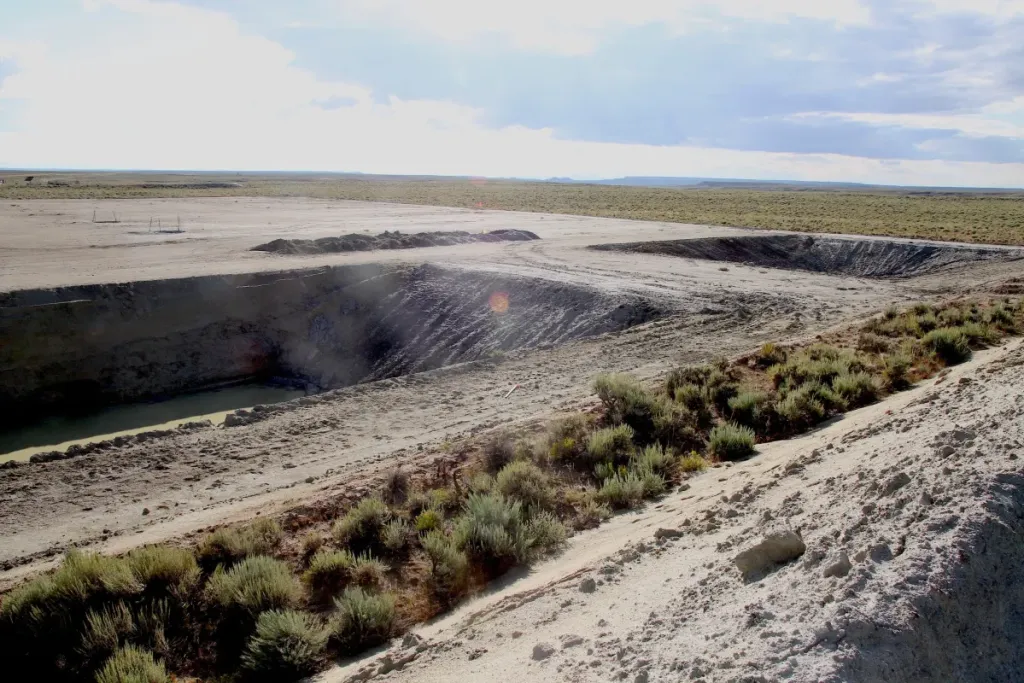
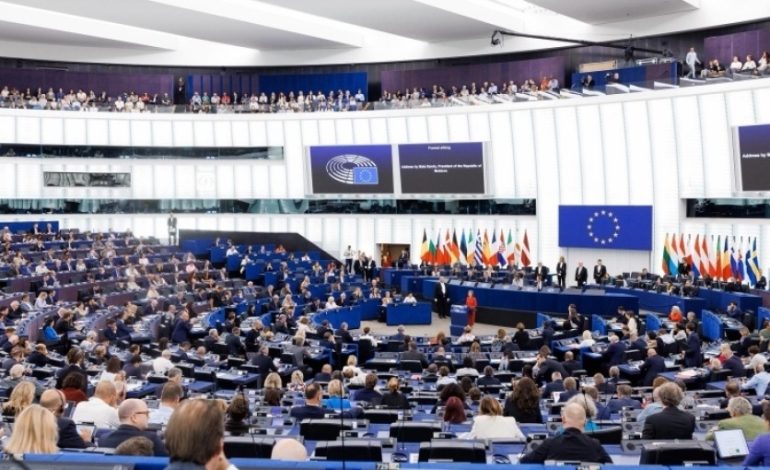




The latest news in your social feeds
Subscribe to our social media platforms to stay tuned